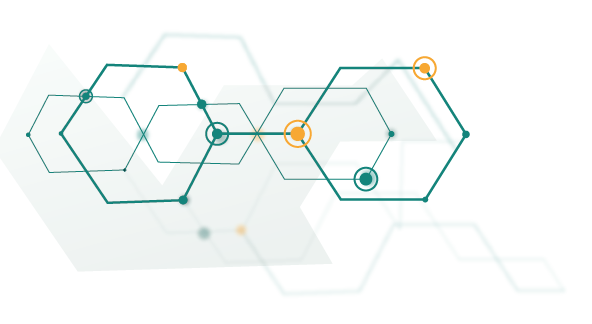Digitalization of Society,
Society and AI
Digital technologies are a central element of transformations in contemporary societies. Current discourses about a “digital revolution” that encompasses nearly every sphere of social life (work, business, education, healthcare, interpersonal relations etc.) suggest that such a digital transformation of society indeed is underway. Empirical observations in quite different social fields support the assumption that the transformative power of digitalization is still growing—as could be felt recently with the launch of yet another AI tool, ChatGPT. Mobile devices, connectivity, social media platforms, big data, machine learning and related developments are about to induce substantial changes in many spheres of society, as they impact on the social practices in which they are used and also trigger new forms of the social.
In these transformed socio-technical arrangements, forces like political or economic power or collective emotions like the feeling of belonging to a community or a nation are re-negotiated. For some years now, to take just one example, one can observe how social media changes political communication, producing or fostering, some claim, extremism and anger. In the economic sphere new platform-based business models have emerged that introduce new relationships between business owners, employees, and customers or clients. New production processes managed and controlled by cyber-physical systems involve substantial changes of work, work organization and labor relations. In the scientific domain, digital technologies may change the way in which knowledge is produced, justified, assessed, distributed and implemented in practical contexts.
Currently artificial intelligence and machine learning tools are introduced in areas previously reserved for human decision-making. Machine learning algorithms are used to support recruiting processes, to classify job seekers, to recognize faces, or to make medical diagnoses and suggest therapies, raising questions of possible biases introduced by these decision-support systemsand problematising their transparency and traceability. These trigger new forms of social behavior: For instance, as a reaction to digitally-supported recruiting procedures, it has been suggested to outwit the “machine“ by adding high-level references in white font to one’s CV (e.g., the words “Harvard” or “Princeton”).
From another, related perspective, the diffusion of digital technologies in society also transforms technologies – both digital and non-digital. Reacting to the advent of AI-generated images, people are now looking more closely to pictures in order to learn to see the differences between photography by a human and AI-generated pictures. Working online from the home office changed schools, universities, and working relations, and some of these changes will last, impacting on technologies both in and surrounding these settings (e.g., transport and commuting systems). It is important to understand how these socio-technical interact with societal forces in bringing about this transformation and to explore the challenges and opportunities associated with them. In doing so, session proposals should focus on a particular social field, a particular phenomenon of digitization, or a particular opportunity or challenge associated with the digitalization of society.

